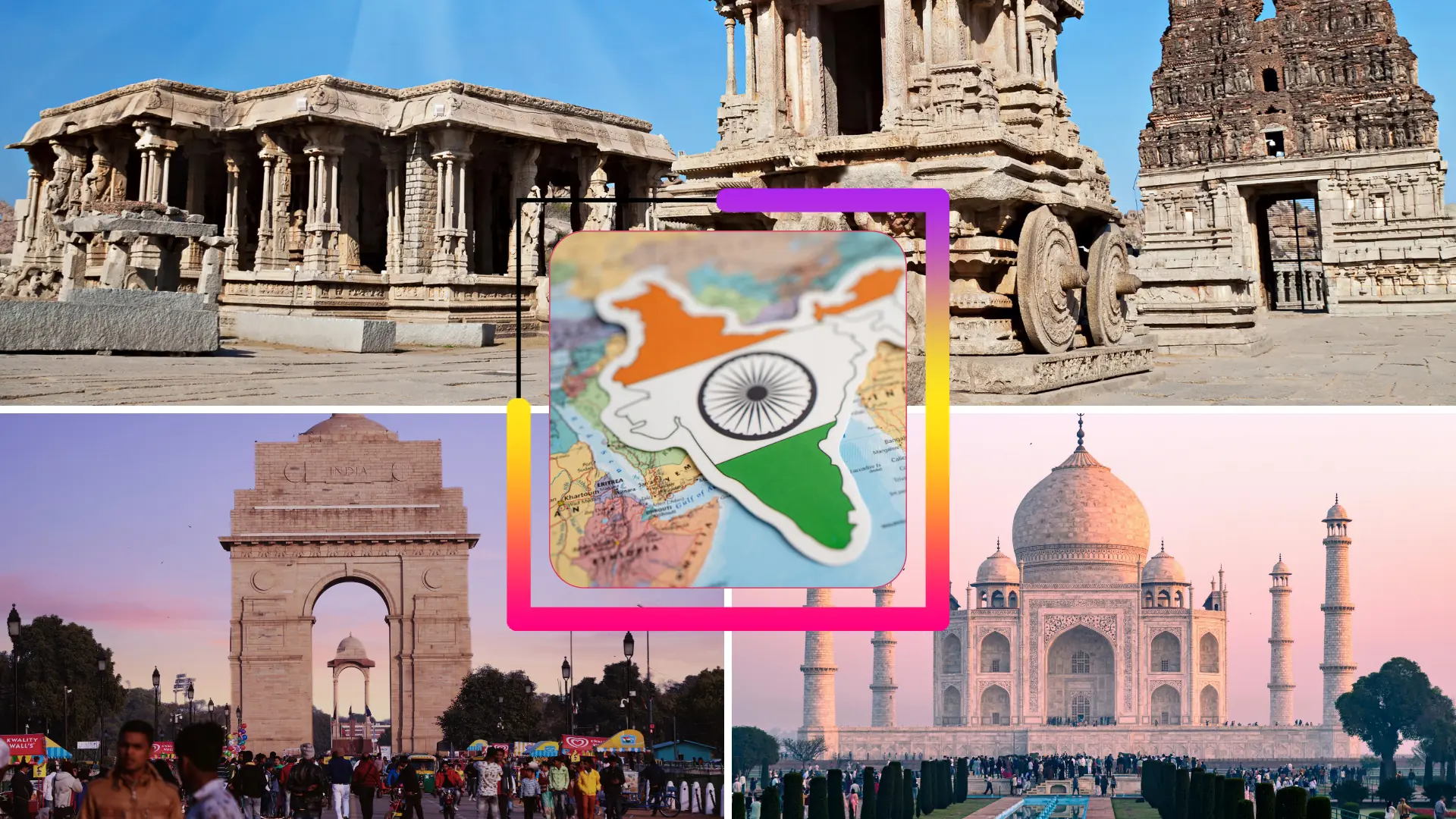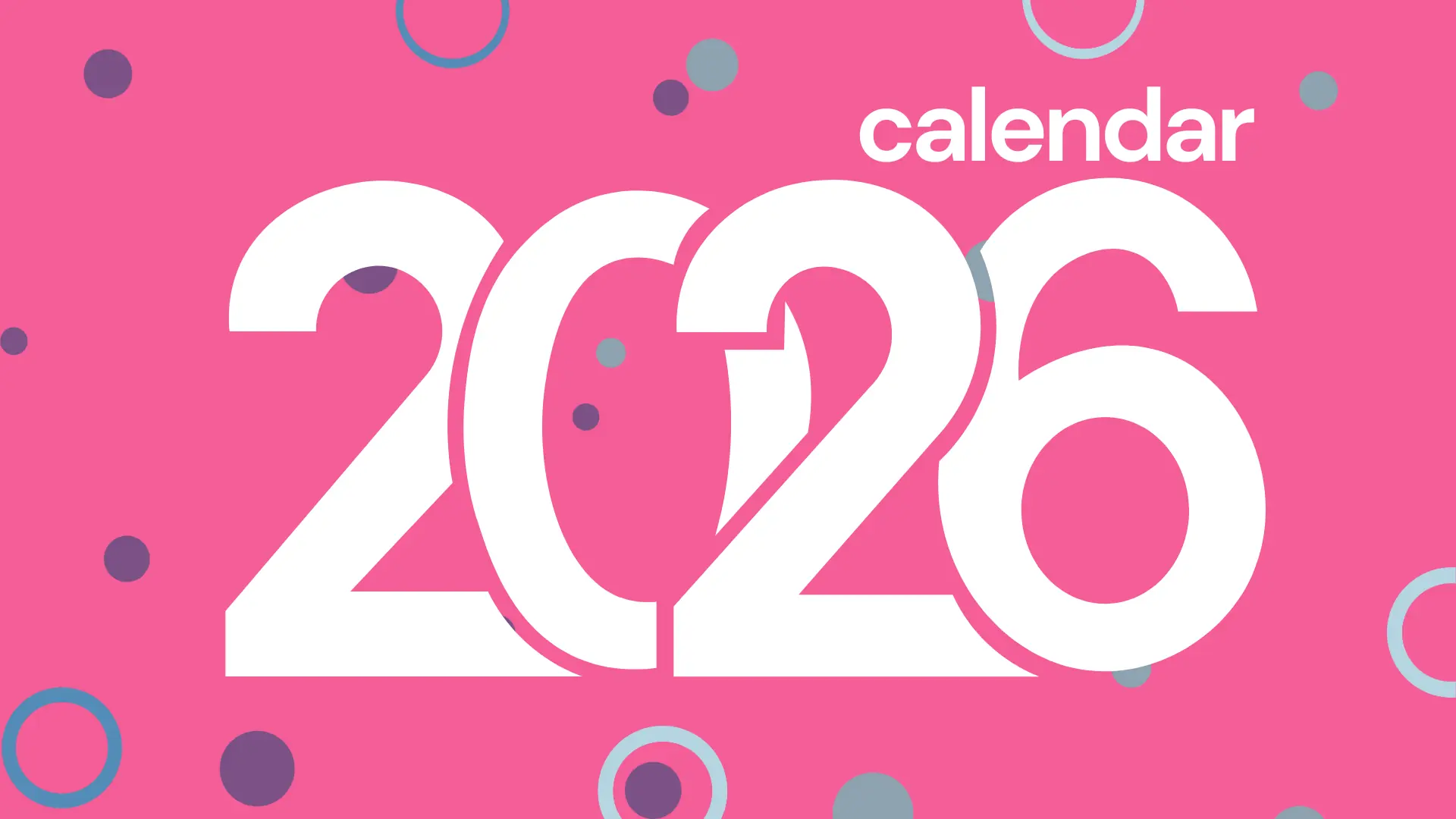Ever tried explaining to your grandma why the Diwali festival shifts dates every year while New Year’s Day stays put? Or wondered why your Hindu calendar says it’s Kartik Maas while your phone screams November? Buckle up, because we’re diving into the cosmic chaos of the English (Gregorian) vs. Hindi (Hindu/Vikram Samvat) calendars—where math meets mythology, and astronomy parties with tradition for calendar 2026.
- The Basics: Solar vs. Lunar Showdown
- The Year Zero Dilemma: Why Start Dates Matter
- English & Indian Calendar Months & Festivals: Why Dates Play Hide & Seek
- Converting Calendars: The Math No One Signed Up For
- The 12 Hindu Months (Vikram Samvat) with English & Gregorian Equivalents
- Diwali Celebration: The Festival of Lights – A Cross-Calendar Celebration
- Dipawali 2026 Date: English & Hindu Calendar Alignment
- Final Verdict: Who Wins?
The Basics: Solar vs. Lunar Showdown
English Calendar (Gregorian) – The Sun’s Strict Schedule
- Solar-Based: Follows Earth’s 365.24-day trip around the Sun.
- Fixed Months: January to December, with rigid 30/31-day lengths (except February, the oddball with 28).
- Leap Year Fix: Adds a day every 4 years to sync with solar reality.
Hindu Calendar Months (Vikram Samvat/Panchang) – The Moon’s Mood Swings
- Lunisolar: Mixes Moon cycles (lunar months) with Sun adjustments (solar years).
- Flexible Months: Chaitra, Vaishakh, Jyeshtha… each starts with a new moon (Amavasya).
- Adhik Maas (Extra Month): Since lunar years (~354 days) fall short, an extra month pops in every ~3 years to realign with the Sun.
Fun Fact: The Gregorian calendar is like a Swiss watch; the Hindu Calendar is like a jazz musician—structured but improvising.
The Year Zero Dilemma: Why Start Dates Matter
English Calendar – All About Jesus
- Epoch: Starts at 1 CE (supposedly Jesus’ birth year).
- Global Standard: Used for business, science, and memes.
Hindi Calendar – Kings and Cosmic Cycles
- Vikram Samvat Calendar (57 BCE): Legend says King Vikramaditya kicked off this era after defeating the Shakas.
- Shaka Samvat (78 CE): Another popular Indian calendar, used alongside Vikram Samvat.
- Kali Yuga (3102 BCE): Some traditional systems track time since this mythological epoch.
Tech Twist: While computers run on Unix time (seconds since 1970), Hindu astrology tracks Tithis (lunar phases) and Nakshatras (constellations).























































Leave a Comment